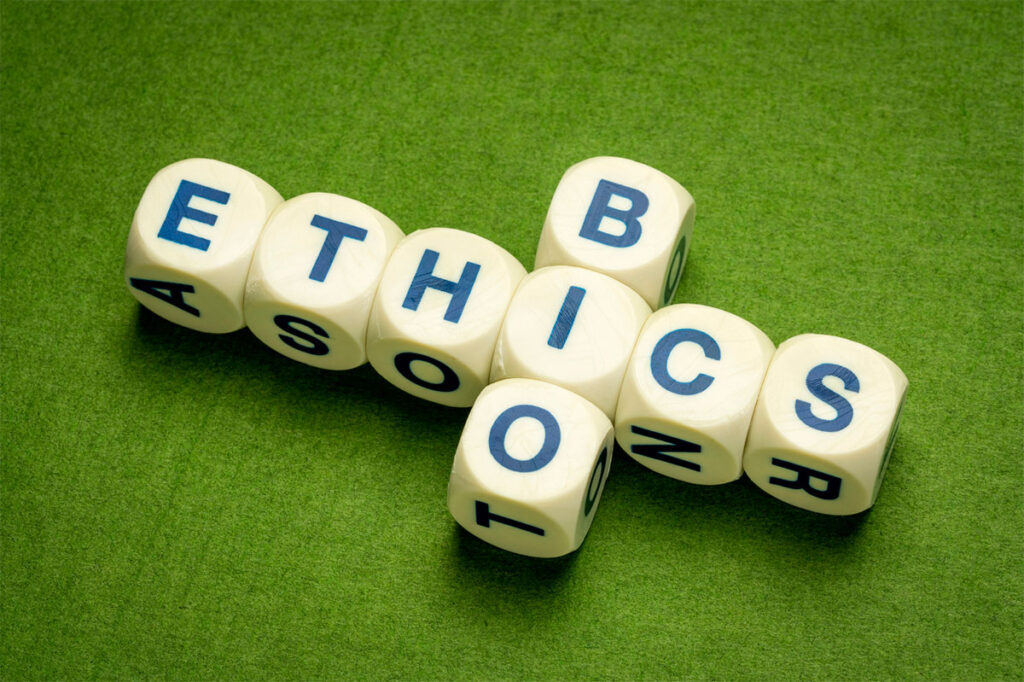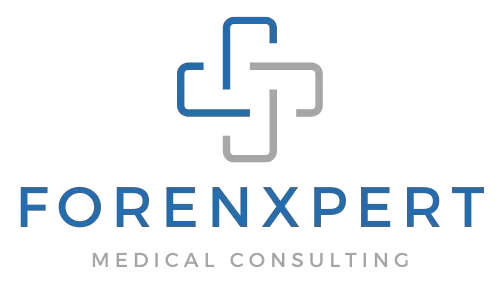In the rapidly evolving world of healthcare, professionals frequently encounter complex ethical dilemmas that challenge their decision-making processes. These dilemmas often arise from advancements in medical technology, diverse patient needs, and evolving societal values. Bioethics consulting has emerged as an essential resource for navigating these challenges, offering guidance that ensures ethical standards are upheld while balancing the interests of patients, healthcare providers, and society.
Bioethics consulting provides a structured approach to addressing ethical issues in healthcare by drawing on principles of medical ethics, including autonomy, beneficence, non-maleficence, and justice. Consultants work with healthcare institutions to help them understand and apply these principles to real-world situations. This guidance is crucial in cases where ethical boundaries may be blurred, such as end-of-life care, reproductive technologies, and genetic testing.
One of the primary roles of bioethics consultants is to assist hospital ethics committees in evaluating complex cases. These committees are often tasked with making difficult decisions that involve conflicting values and interests. For example, in situations where a patient’s autonomy conflicts with the perceived best interests of their health, bioethics consultants can provide insights that help balance these competing priorities. By facilitating discussions and offering expert opinions, consultants ensure that decisions are made transparently and ethically.
Bioethics consulting also plays a vital role in policy development within healthcare organizations. Consultants help draft and review policies that address ethical issues, ensuring they are comprehensive and aligned with current ethical standards. This proactive approach helps institutions prepare for potential ethical challenges, minimizing the risk of conflicts and enhancing the quality of care provided to patients.
Moreover, bioethics consultants are instrumental in conducting workshops and training sessions for medical staff. These educational initiatives are designed to enhance the ethical competence of healthcare professionals by equipping them with the tools needed to identify and address ethical dilemmas. By fostering a culture of ethical awareness, bioethics consulting contributes to the development of healthcare environments that prioritize ethical decision-making and patient-centered care.
The importance of bioethics consulting is further underscored by its role in forensic bioethics, where ethical considerations intersect with legal and forensic issues. Consultants provide expertise in cases involving medical malpractice, patient consent, and confidentiality, ensuring that ethical standards are maintained throughout legal proceedings. This aspect of bioethics consulting is crucial in safeguarding the rights and dignity of individuals involved in forensic cases.
In conclusion, bioethics consulting is an invaluable asset in navigating the ethical complexities of modern healthcare. By providing expert guidance and fostering ethical awareness, bioethics consultants help healthcare institutions uphold the highest standards of ethical practice. As medical technologies and societal values continue to evolve, the role of bioethics consulting will remain essential in ensuring that healthcare decisions are made with integrity, compassion, and respect for all individuals involved.


